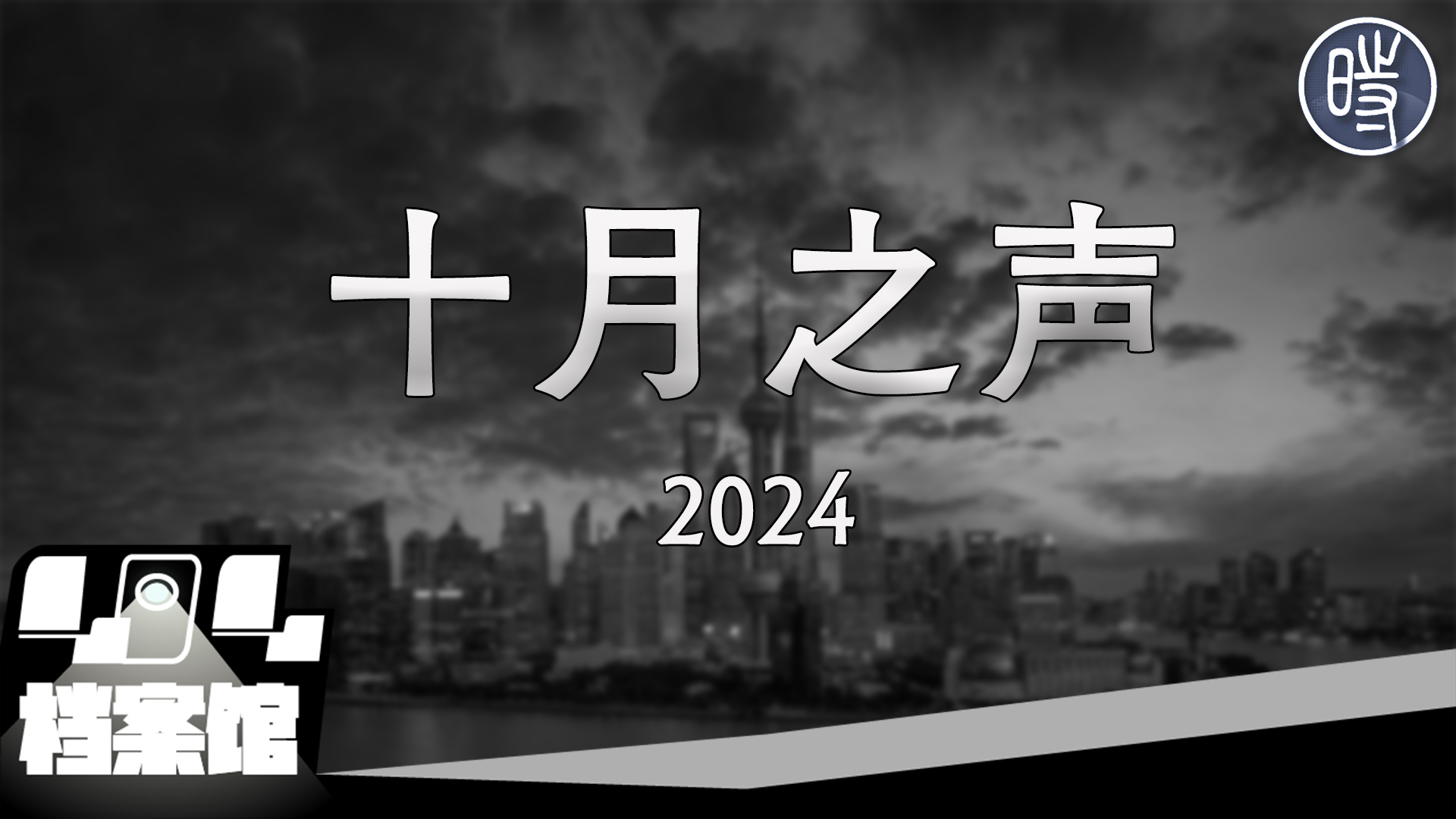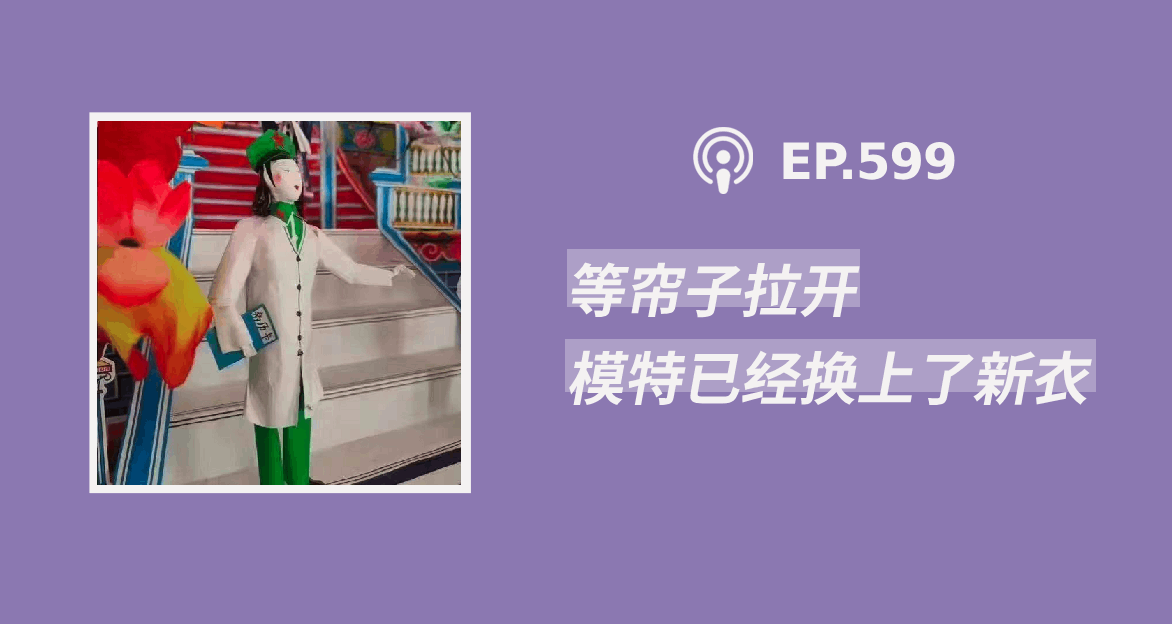Did A CCTV Anchor’s Outburst Even Matter?
Yang Rui, a host on China Central Television's (CCTV) English-language channel, called on the Public Security Bureau via Sina Weibo on May 16 to “clean out foreign trash, wipe out foreign snake heads (human smugglers), root out foreign spies, kick out foreign shrews (apparently referring to Melissa Chan, an al-Jazeera journalist who has recently been expelled from China) and to make those who demonize China shut up and fuck off.” The microblog post came amid a new surge of xenophobia in Chinese officialdom. In May, the Beijing Public Security Bureau launched a 100-day campaign against foreigners who have entered the country illegally or who live or work in the city illegally. China's disputes with the Philippines and Vietnam over the South China Sea have been fanning nationalism, with the Global Times, a populist Chinese tabloid, urging the country to plunge into war. Meanwhile, in May videos went viral on the Internet showing a drunken British tourist sexually assaulting a Chinese girl on a street in Beijing and a Russian cellist insulting a Chinese woman on a train. In this context, perhaps Yang can best be seen as simply voicing in public what some Chinese think in private.
Yet despite the attention Yang’s tirade has attracted, it was mild compared with many of the nationalist voices in Chinese cyberspace with their calls for boycotts and “killing [people] off.” Nor has Yang outdone others in the state-controlled media. On May 25th, the People's Daily described the efforts of some Western countries to “export democracy and human rights” as a modern version of colonialism. On May 11, an editorial in the Beijing Daily castigated those who, with “a reflexive hostility to China,” fail to ever frown on even the most vicious calumny against China, but cannot tolerate the slightest criticism of the West. The editorial called for “a remarkable degree of consensus on patriotism as a core value resolutely upheld by all Chinese.”
So what made Yang’s Weibo comments surprise so many in both the foreign community in China and in the Western media? Yang referred to some foreigners in China as “trash,” accused Western men pursuing Chinese women of espionage, and demanded a crackdown on Western journalists who “demonize” China. His wording was so startling and extreme that even the Global Times commented that it reflected “a lack of proper consideration.” What foreigners find perplexing, however, is not what he said but that it was said by someone in Yang’s position. The man anchors an English-language talk show on CCTV called Dialogue and purports to be someone who bridges gaps between East and West. “Ideas matter” is the slogan of the show. As a public figure whose main job is to engage in international exchanges, why would he attack the very people he is supposed to be engaging in dialogue?
However much he presents himself as a high-profile “promoter of dialogue between China and the West,” what Yang wrote on Weibo reveals his true convictions. He might always have harbored them deep in his heart and finally found it unnecessary to conceal them from public any longer, whether foreigners like it or not. Yang and the Chinese he represents now feel entitled to say such things, or in the words of a nationalist bestseller in China, to be “unhappy.” (Unhappy China: Great Time, Grand Vision and Our Challenges was published in 2009 as a follow-up to the popular nationalist text China Can Say No).
What about China’s government? Do its leaders like Yang’s roar of rage? Obviously Yang has disgraced himself and damaged the reputation of Dialogue. But has he also done a great disservice to CCTV and to China's efforts to build up soft power in recent years? In my opinion, he has stained China's image in the eyes of foreigners, some of whom are now calling for his dismissal and for a boycott of his show. In Yang’s own terms, this is paramount to harming China’s image overseas much more broadly. When asked once about his self-image as a host of Dialogue in a TV interview, he remarked, “When people talk about my image, they're not talking about me. My name and image stand for China, a nation on the rise.”
Yang’s obsession with serving as a representative of China is shared by other big names in China’s media elite who wield power over public discourse, including Hu Xijin, editor-in-chief of the Global Times, and Rui Chenggang, a business program anchor on CCTV. Behind the obsession is their strong identification with their role as mouthpieces of the state. The problem, though, is whether the state would choose a perceived xenophobe to run one of its flagship shows in its campaign to boost China's international image.
But Yang is obviously not so naive to have posted his microblog message on a whim. Instead, he may have sensed a shift in the political and social winds. In response to the controversy over his message, Yang later explained that it reflected his feelings about the videos of the British drunk and the Russian cellist and was intended to be a reminder that “neither Westerners nor Chinese can be above the law.” This comment must be seen in the context of a longstanding Chinese practice: as Yu Ying-shih, a professor of history at Princeton University once put it, “You have to be unequivocally and entirely anti-foreign in any conflict with foreigners. If you try to be just a little fairer, saying foreigners have their reasons and we can't disregard their customs, people will immediately see you as an ermaozi or a hanjian.1 It's a Chinese tradition.”
This reflects an extremely complicated mentality—self-abasement about China's powerlessness mixed with overconfidence in the country's position as a global power, or the pathos of humiliation and victimization mixed with arrogant warnings to others not to “mess with me.” This makes it unlikely that Yang's gaffe will be addressed by his employer. Rather, he will be acclaimed by many as “a man of character” or “a truth-teller.”
So is it true then that a new wave of discrimination against foreigners is surging in China or, as some bloggers abroad said, that the specter of the Boxers2 has re-emerged? The answer lies in what the Chinese government will think and do. Every society has people within it who harbor anti-foreign feelings. China will not see a surge of anti-foreignism unless the government turns xenophobic. To suggest that Yang has raised the specter of the Boxers overstates his importance.
Although some domestic political forces do want less foreign influence, China, as a whole, is unlikely to become an anti-foreign country. Instead, there are plenty of strong forces both inside and outside China propelling it into the international community. The stir caused by Yang Rui’s outburst is nothing more than a blip in the process of integration.
- Ermaozi (二毛子, literally: secondary hairy ones) is a derogatory term for Chinese Christians and Chinese working for foreigners in the late Qing Dynasty. It is a relative to damaozi (大毛子, literally: primary hairy ones), which means foreigners. Hanjian (汉奸, literally: Han traitor) is a pejorative reference to a race traitor to China.?
- The Boxer Rebellion or the Boxer Uprising was an anti-foreign movement by the Yihetuan (义和团, literally: Society of Righteousness and Harmony) in China between 1899 and 1901. The Yihetuan was also known as the Boxers because its members practiced martial arts.?
本文由自动聚合程序取自网络,内容和观点不代表数字时代立场










